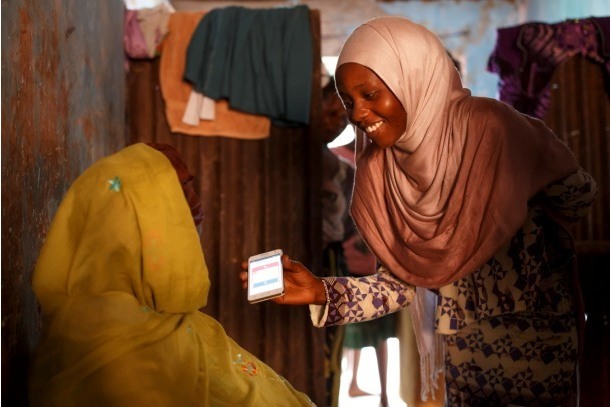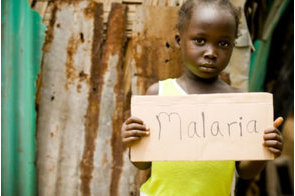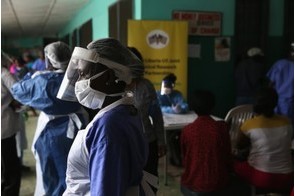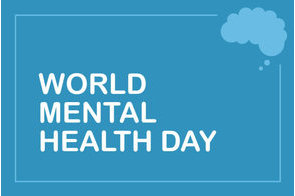HelpMeSee launches campaign to eradicate cataract blindness in the Gambia

Summary
The Ministry of Health is collaborating with HelpMeSee in “Campaign to Eliminate Cataract Blindness by 2018.”
Thursday, October 8, marked World Sight Day 2015, an international day of awareness “to focus global attention on blindness and vision impairment.” HelpMeSee, a global campaign to end cataract blindness – which is the leading cause of blindness worldwide – has launched a campaign in the Gambia to help cure the 2,500 people in the country who still suffer from the disease.
In 1986, with only one ophthalmologist to deal with a cataract burden of 5,500 blind persons, the West African country of the Gambia established a National Eye Care Programme and embarked on the training of middle-level manpower for the control of cataract blindness.
Today, the Gambia performs an average of 3,300 cataract surgeries per year with an indigenous team of one ophthalmologist and 17 non-physician cataract surgeons. The country still has a cataract blindness backlog of over 2,500 among its 2 million population. Meanwhile, an estimated 15% of the population — close to 300,000 people — are affected by severe visual impairment.
In recognition of the achievements of HelpMeSee in its short period of existence, the Ministry of Health and Social Welfare is collaborating with the organization in the “Campaign to Eliminate Cataract Blindness in The Gambia by 2018” so as to permanently end the scourge of cataract blindness in the country.
“We have great lessons to learn from our experience in the Gambia and have a strategy to reach every blind and visually impaired person in the country. There is no reason for tens of millions worldwide to lack access to the basic surgical care they need because there are not enough trained providers,” said Jacob Mohan Thazhathu, President & CEO of HelpMeSee. “HelpMeSee’s campaign in the Gambia and worldwide emphasizes training as the foundation of a sustainable solution to this public health challenge.”
On Monday, October 5th, HelpMeSee and its local partners at Sheikh Zayed Regional Eye Care Center in the Gambia held a launch event at the hospital that included nearly 150 people from the local medical community, government, and public health organizations. The Honourable Omar Sey, the Gambia’s Minister of Health and Social Welfare, attended as a special guest and formally launched the joint campaign with HelpMeSee.
“The goal is to improve the quality of life of the Gambia’s population while reducing the burden of blindness, and its specific objective is to achieve comprehensive and high-quality eye care services which are accessible and affordable to all Gambians, in line with the goals of Vision 2020,” the Minister said in an address during the campaign launch. “It is that background that motivated me to sign the MoU with HelpMeSee without any reservations.”
Cataracts remain the leading cause of blindness worldwide and are estimated to cause as much as 62% of blindness in the Gambia, which has already made major progress against other forms of preventable blindness. HelpMeSee’s campaign in the country aims to eliminate the cataract surgical backlog by 2018 and ensure that no one remains blind from cataract because they lack access to care.
HelpMeSee brings two of its key technologies to its partnership in the Gambia, including the HelpMeSee Reach App for population-based patient services, including screening and follow up, and a pre-sterilized surgical kit for Manual Small Incision Cataract Surgery. Local healthcare professionals who started using the app report significant improvements in the patient screening process and expect to be able to identify patients much faster than before. The pre-sterilized surgical kit, which integrates with HelpMeSee’s surgical reporting system, will help to improve quality assurance and lower infection rates.
HelpMeSee has also developed a cataract surgical simulator and courseware designed to provide state of the art virtual reality surgical training. These systems will provide a safe, standardized, and comprehensive learning system to train thousands of cataract specialists in the areas of greatest need throughout the developing world.
Related
-
Malaria cases in children decline in Katsina State
Malaria accounts for 30 percent of all childhood deaths and 25 percent of deaths in children under the age of one.
-
WHO kicks-off 7th African Vaccination Week
Immunisation is recognized as one of the most successful and cost-effective public health interventions in the world.
-
World Mental Health Day 2019 focuses on suicide prevention
An estimated 20-30 per cent of Nigeria’s population is believed to suffer from mental disorders.










